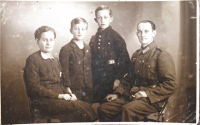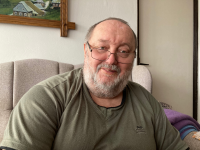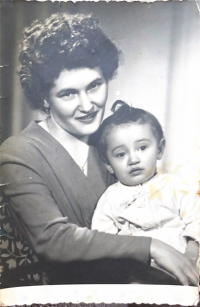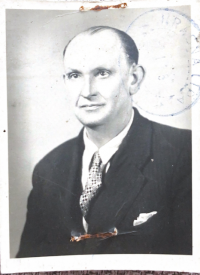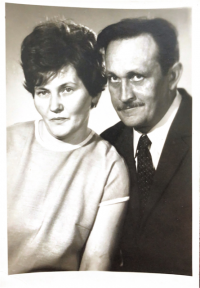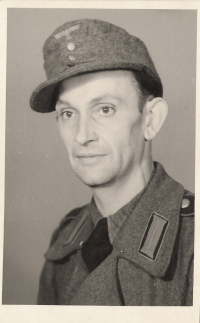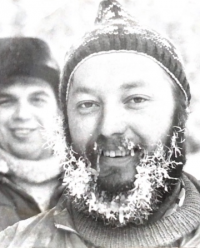My father was left almost alone after the expulsion. He wasn’t allowed to visit his brother in the U.S.
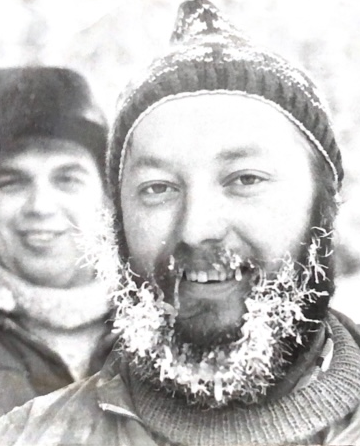
Download image
He was born on 28 December 1951 in Rumburk, Děčín region. His father’s side of the family was German, after the war his great-grandfather had to leave the country. This greatly affected his father, who lost due to the expulsion not only his grandfather but also all his friends and neighbours. Václav had two younger brothers. He trained as a bricklayer at the apprenticeship in Liberec, where he lived through the 1968 occupation. After his apprenticeship he did his military service in Žatec. After completing his basic military service, he started working as a bricklayer in Česká Lípa. Later he returned to Krásná Lípa, where he worked in the textile factory Elite. He was one of the founders of the Krásná Lípa branch of the Czech Tourist Club and has been its head for 31 years (at the time of filming in 2022). In 2022 he lived in Krásná Lípa.
